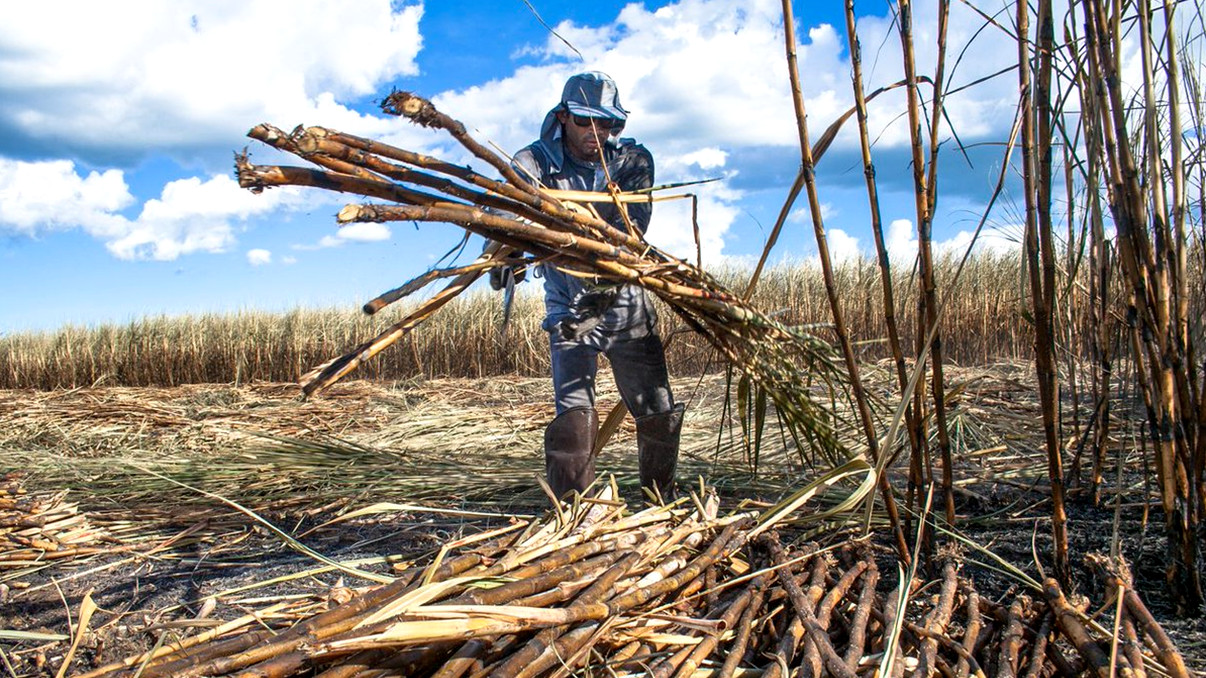Brazil’s labour law reforms
Posted by Catherine Morgans

In the intersection between business and human rights, Brazil is a country that displays many contradictions. On the one hand, it has created model approaches to tackling modern slavery, it has a history of strong unionisation, and an undeniably vocal civil society. Yet on the other, it has a reputation for high incidences of forced labour and has hosted some of the most notorious instances of corporate malpractice in recent years.
Currently, civil society and progressive politicians are fearing a period of retrocesso, or decline in standards in this sphere. Under the pressure of economic downturn and the leadership of new centre-right president Michel Temer, the first non-Worker’s Party (PT) president for 13 years, Brazil is aiming to implement some major legal changes designed to address economic problems. Of these, few are as controversial as the proposed labour reforms, which have been fast-tracked for approval by congress within early 2017.
Proposed reforms
The proposed reforms, put forward by Temer in December 2016 and currently in the lower house of congress, include a number of significant changes that will impact on working lives. These include changes for part-time workers and restrictions on the possibilities for them to earn overtime; the possible extension of temporary contract periods from 90 to 240 days, as well as an expansion of temporary workers’ rights; and an increase in fines on businesses for using unregistered workers. In this way, the proposal constitutes a mixture of both extensions and reductions of worker rights.
One of the proposal’s most contentious inclusions offers workers and employers the opportunity to make agreements on certain issues, which will then take legal precedence over Brazilian labour law. These areas now up for negotiation include: longer work days (only restricted by hours per month, not per day); the reduction of daily breaks; introduction of pay for productivity; home-working; profited-related bonuses; and the use of an “hours bank”, for extra hours to be accumulated and used later as time-off in unpaid lieu, rather than paid as overtime.
Despite some potential gains, unions, labour lawyers and even the labour ministry have criticised the package of proposed reforms, with some branding it an assault on workers’ rights. While unemployment hovers at 12%, one of the critics’ major concerns is that negotiation over conditions is being permitted at a time when workers’ have little bargaining power; subsequently, leaving them more vulnerable to losing out in any collective agreement. Furthermore, unions feel particularly under attack, fearing that the bilateral agreements with employers could be reached by workers’ representatives outside the union structure.
Temer has labelled the reform a “modernisation” of Brazilian labour law, which will create more work, and more “flexible” work. Yet to its critics, Brazil’s proposed modernisation simply represents the legalisation of more precarious employment, in a country that already has high and growing rates of employment informality. In this way, Brazil is becoming embroiled in a debate already raging in many countries about whether, and how, “flexible” working can provide decent work, particularly in lesser developed, or more precarious, contexts.
Legalising slavery?
Some opponents have gone as far to claim that the new government is en-route to “legalising slavery”. While these are undeniably strong accusations, it is true that several provisions that may have served to protect workers from forced labour are now at risk of being watered down, or insufficiently bolstered, by the potential labour reform and other proposals awaiting approval. For example, agriculture, in its various forms, remains the sector with highest risk for forced labour in Brazil. Although the labour reform proposal promises tougher fines for using unregistered staff, it has been argued that it remains soft on rural companies: the fine for agricultural enterprises is only BRL 1,000 (approx. GBP 259), compared to six times as much for other sectors.
Furthermore, in a separate proposal currently with the senate, the government is seeking to legalise the outsourcing, or subcontracting, of companies’ core activities, which is prohibited at present. Currently, subcontracted workers are only permitted to be used in peripheral activities to a business, such as cleaning or security. This change is highly contentious, as it presents the opportunity for a much wider use of labour brokers, or other intermediaries, who are often implicated in cases of modern slavery, debt bondage or broader forms of worker exploitation, particularly in rural Brazil. Lastly, a further legislative proposal generating much controversy, is one that intends to narrow the definition of slavery-like conditions that can result in the confiscation of land or property from employers.
Although the above changes await approval, it seems highly likely that Brazilian labour law will face a considerable shake up this year. We will be following these developments in order to support our clients in handling any potential risks. Please do get in touch if you would like to discuss these issues further.